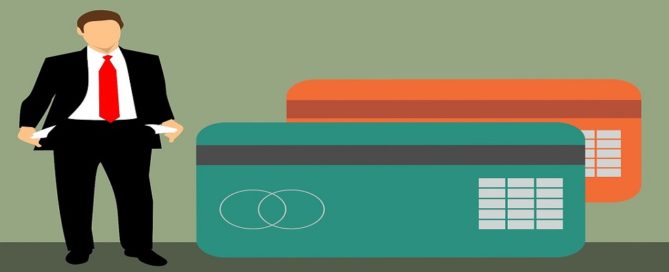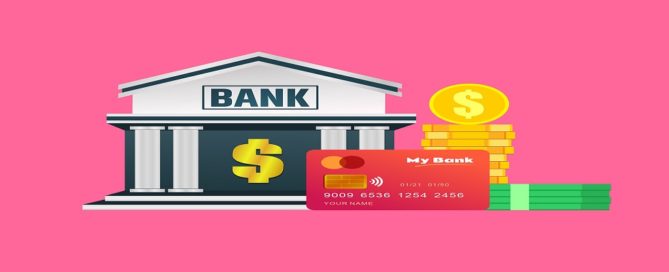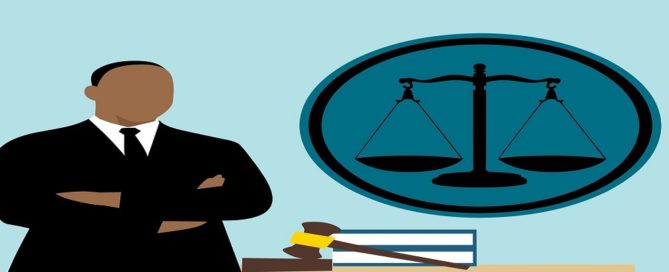Everything You Wanted To Know About Bankruptcy Debt Discharge
Call: 888-297-6203 Before filing for bankruptcy, it is important to learn a few things about it. Individuals filing for bankruptcy get a discharge order which removes their personal liability for certain debts. Once a debt is discharged, the creditor cannot indulge in collection actions for the same. However, if the debt is secured by a lien, the creditor can recover the property secured by it. Unfortunately, not all debts are discharged in bankruptcy. The discharge timing depends on the chapter of bankruptcy. Usually, in the case of chapter 7, the discharge is granted around 3-6 months of petition [...]










